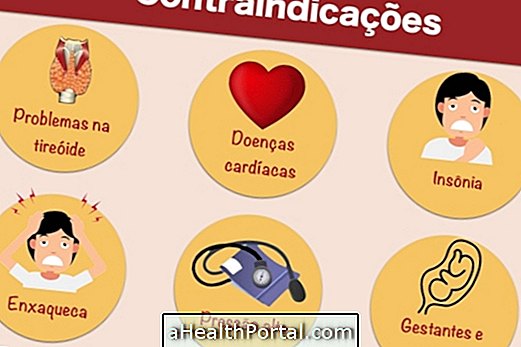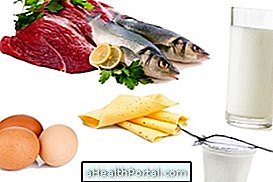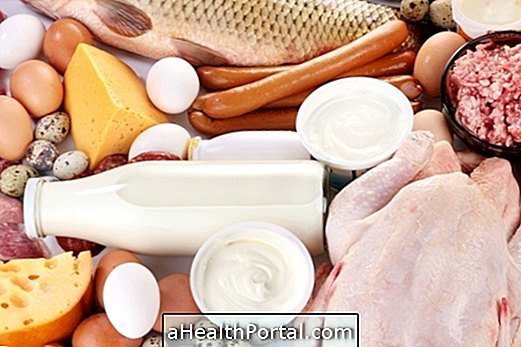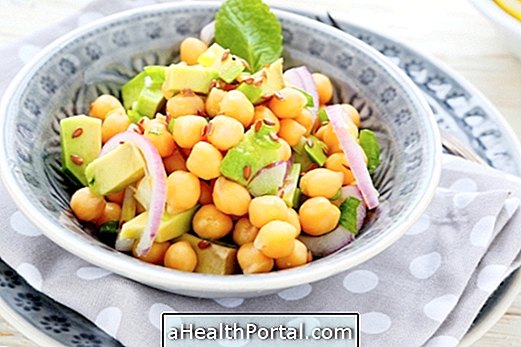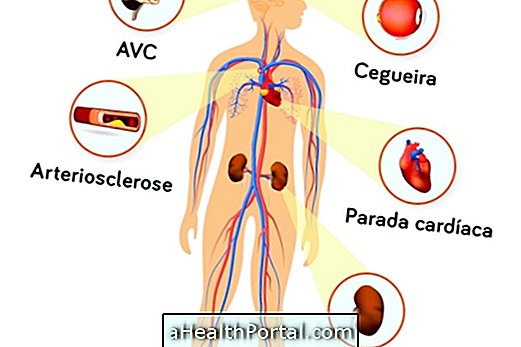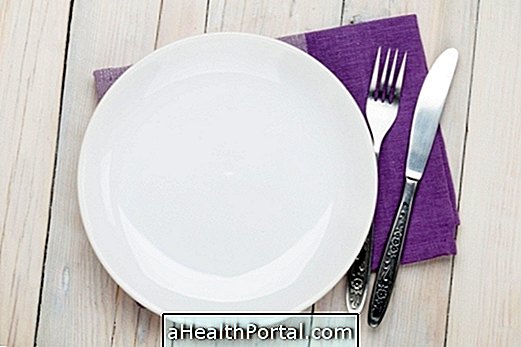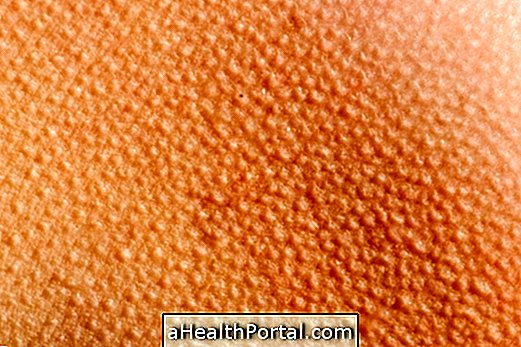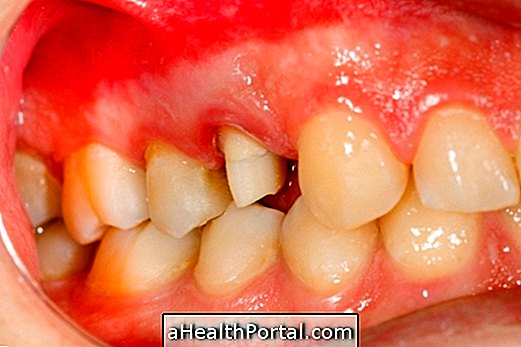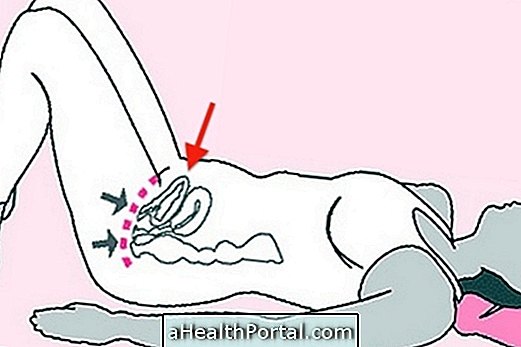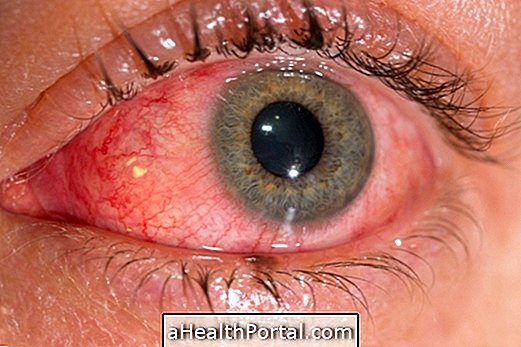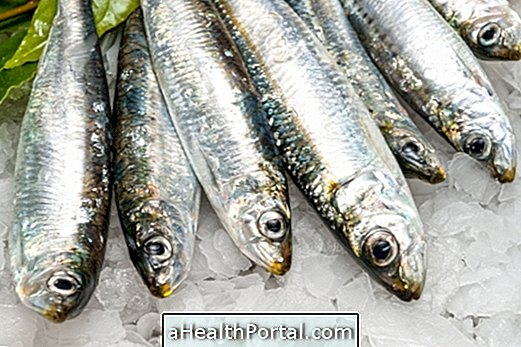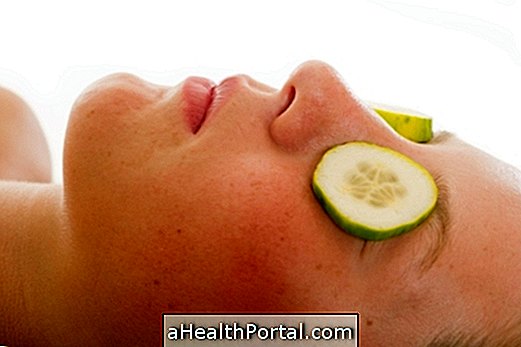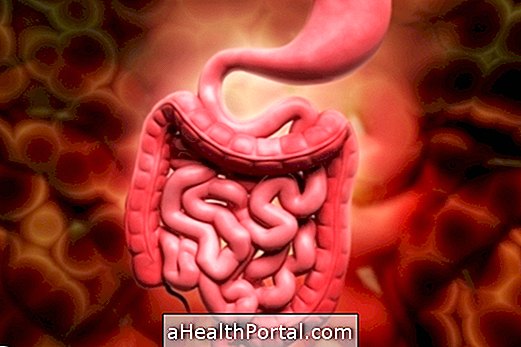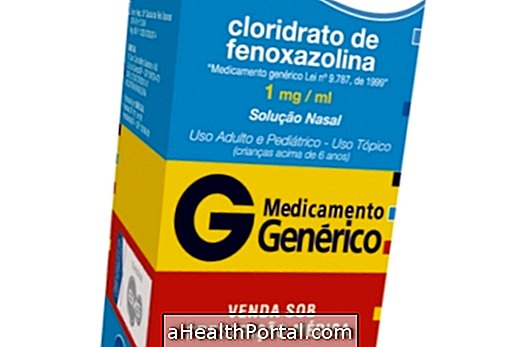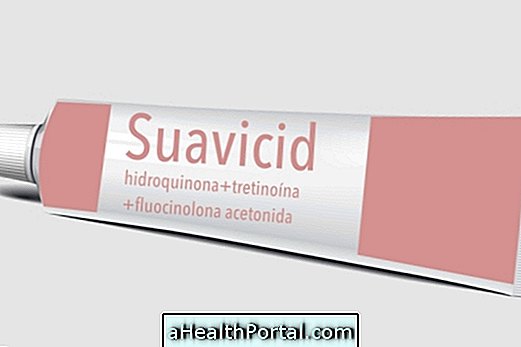Phenylalanine is a natural amino acid that is not produced by the body and therefore can only be obtained through food, especially through cheese and meat.
This amino acid is very important for the formation of neurotransmitters, thus being able to improve memory, increase mental capacity and even improve mood. In addition, it is still a natural appetite suppressant and is sometimes used to help with weight loss diets.
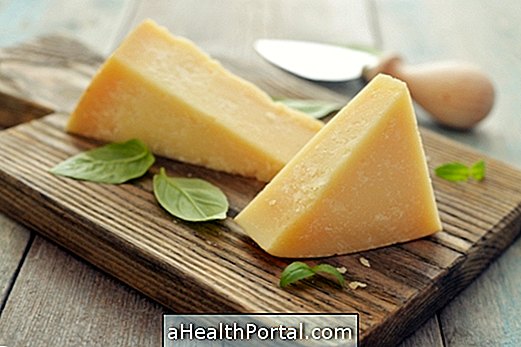
Although it has all these benefits, there are people intolerant to phenylalanine, which are known as phenylketonuric. The phenylketonuric organism is unable to digest this amino acid and, therefore, phenylalanine becomes a dangerous toxin to the brain, needing to be avoided in the feeding of these people. However, in the general population phenylalanine does no harm and can even be used as a supplement.
Understand better what phenylketonuria is and what the possible complications are.
What is phenylalanine used for?
Phenylalanine serves to make up the cells of the human body, in addition to being an essential component of body tissues. Therefore, in people who do not have phenylalanine intolerance, it can have several benefits like:
1. Relieve chronic pain
Phenylalanine has the ability to increase the levels of endorphins in the brain, which are substances that have a natural analgesic effect, reducing pain and discomfort, even if chronic.
However, phenylalanine does not treat the cause of pain, so it is still important to see a doctor, even if the pain is improving.
2. Fighting Depression
Phenylalanine helps in the production of tyrosine, a substance that helps in the production of excitatory neurotransmitters that improve mental disposition, combating several of the characteristic symptoms of depression.
In addition, by increasing the amount of endorphins in the brain, phenylalanine creates a sense of positivism towards life as well as greater vitality.
3. Help to lose weight
Phenylalanine is a compound that can help you to lose weight because it acts on the brain, reducing the sensation of hunger. It still amazes the mood and gives more energy, contributing to the desire to exercise. It is recommended supplementation with 1 to 2 grams per day of phenylalanine for weight loss.
4. Treating vitiligo stains
For help in the production of tyrosine, phenylalanine can sometimes be used to disguise the patches of vitiligo. This is because tyrosine is essential for the production of melanin, the substance that gives color to the skin and that is missing from people with this disease.
Usually treatment for vitiligo is done with oral supplementation of phenylalanine and exposure to UVA radiation. In addition, the application of creams with 10% L-phenylalanine also seems to increase the results, hiding the stains better.
5. Helping in the treatment of bipolar disorder
Phenylalanine is an important essential amino acid for the formation of tyrosine, a substance that increases the production of various neurotransmitters, such as noradrenaline and dopamine, allowing the balance of mental and psychological problems such as bipolar disorder.

Foods containing phenylalanine
The main sources of phenylalanine are meat and cheeses; however, other foods that contain this amino acid include:
- Soybean meal;
- Seeds and nuts such as peanuts, pumpkin seeds, chia or sunflower seeds;
- All kinds of fish;
- Eggs and dairy products;
- Beans and lentils;
- Rice.
In addition, products with aspartame, which is used especially as a substitute for sugar in several candies and candies, are also rich in phenylalanine.
These foods can be used to enrich the diet with phenylalanine, but should be avoided completely by those who have phenylketonuria.
See a more complete list at: Foods rich in Phenylalanine
When not to use phenylalanine
Any food containing more than 5% protein is contraindicated for those with phenylketonuria. Thus, industrialized products containing phenylalanine are required to have this information highlighted on the product label.
Anvisa makes available on its website a table for phenylketonuric which contains the amount of phenylalanine in various foods. This table is very useful for the correct feeding of the patients diagnosed with the disease. See also how the treatment of phenylketonuria is done.
As phenylalanine intoxicates the phenylketonuric
Phenylalanine hydroxylase is the name of the enzyme that digests phenylalanine. The phenylketonuric does not possess it and, therefore, for them it becomes toxic.
When phenylalanine gets into the blood in excess and does not turn into tyrosine, it turns into a toxic substance called pyruvic acid. This acid is a component found in urine or sweat and, when it accumulates in the blood, it prevents other metabolic processes, affecting the neurological development of the individual, causing irreversible brain damage. See How to care for the baby with Phenylketonuria.
